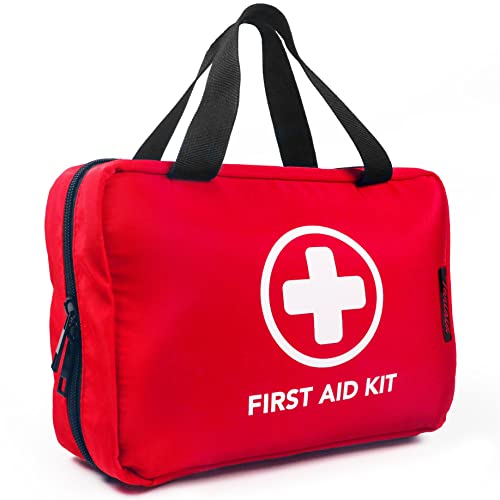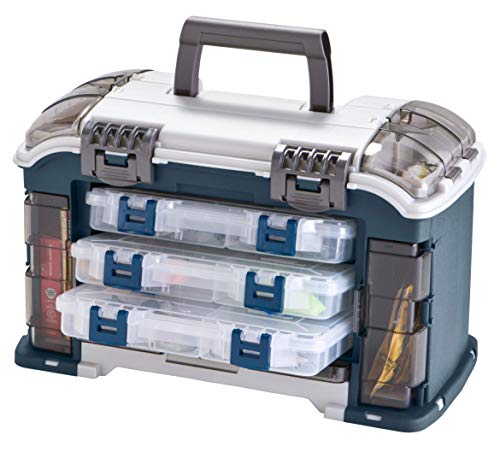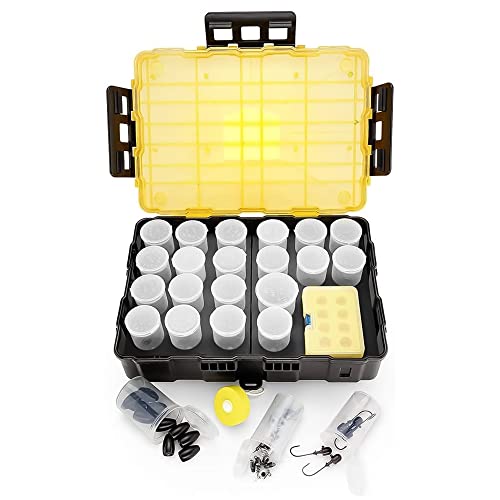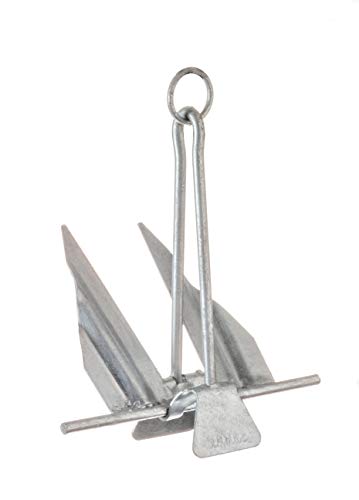TIP - Insert a small piece of wire to make up the difference ... just to make up the difference, i.e., grab 1" of 12 AWG wire (or whatever size), strip, cut off and twist around 18 AWG wire (or whatever size) and adjust to fit, pulling out strands of the wire you added. Don't need any insulated part, just the strands. Just be sure to enclose all in your adhesive-lined connector or under adhesive-lined heatshrink.
FWIW I do this all the time and have been wiring my boats for > 20-years and have yet to have a failure or even a blown fuse in any circuit I replaced myself!
CAUTION to all about use of soldering ... on a boat!
FYI, just so everyone is clear ... soldering is typically NOT recommended on boats, and in some cases - not even allowed - as per USCG, Mil-Spec, BIA, and/or ABYC standards. While it's use on board a vessel is frowned upon or even forbidden, it must NEVER be the sole means of connection for wiring. The reason for this is that soldered connections are BRITTLE and prone to failure when the wiring runs and/or connections shake, rattle, and jostle as the boat moves through the waves or trailers down the highway at 70mph! And if you had a fire ... and the insurance investigators found soldered connections ... you would lose your coverage in a second. But admittedly this probably applies more to boats for charter or hire or rental.
I personally never solder ANYWHERE on the boat ... and don't see any need to. Using marine-grade connections, a quality ratchet crimper, adhesive-lined heatshrink, and properly securing your wiring runs as per ABYC standards ... and I've never had a wiring issue. Another tip, for wiring used in the bilge or possible immersed in water, since I use butt-type (crimp) connectors, I also seal the end of the connections with 3M 5200 before sealing the wiring in the adhesive-lined heatshrink.
I post the above info as an FYI, not to debate the guys on this board who solder up their own connections for use on their tin boats. Some of you guys are awesome in your own technique - and I applaud that =D> - but I've seen way too many examples where applied techniques that may be appropriate in one arena or person, but may not be appropriate for another use or person - hence the caution. A tin boat and a 40' offshore Go Fast boat are two entirely different uses :shock: and subject to tremendously different loading stresses!




















































